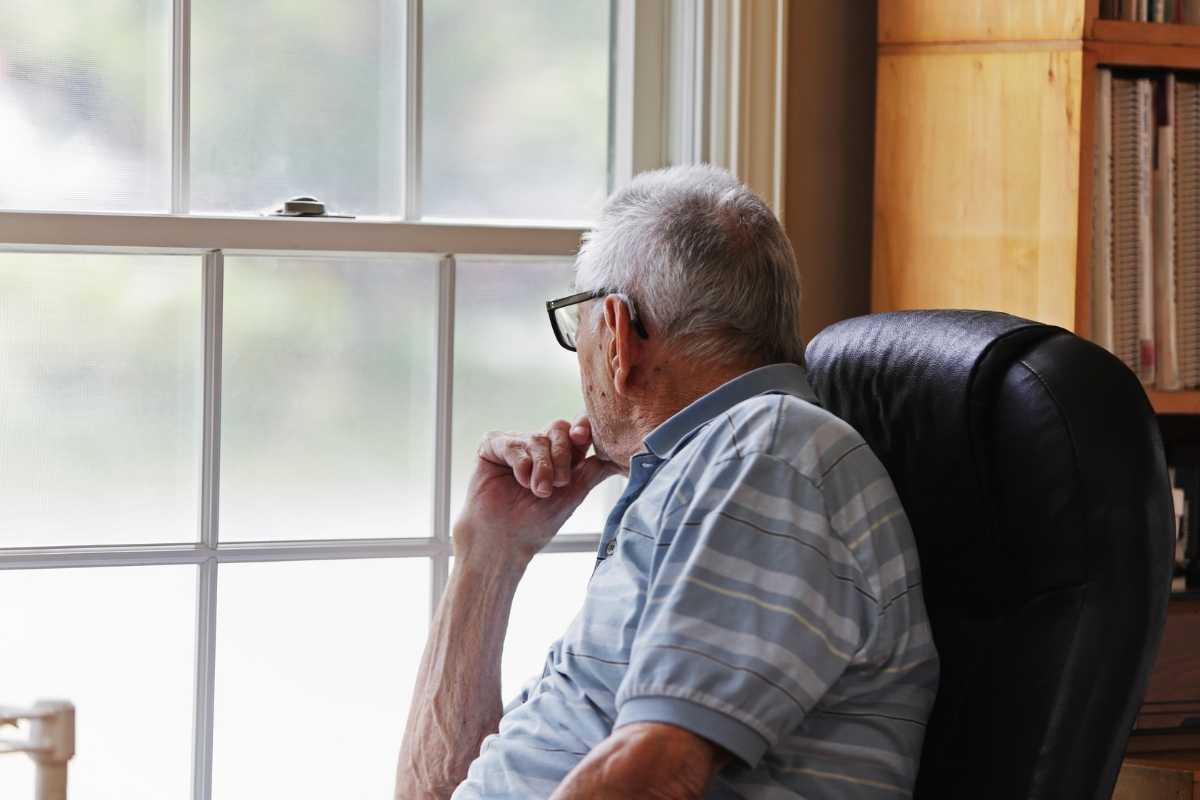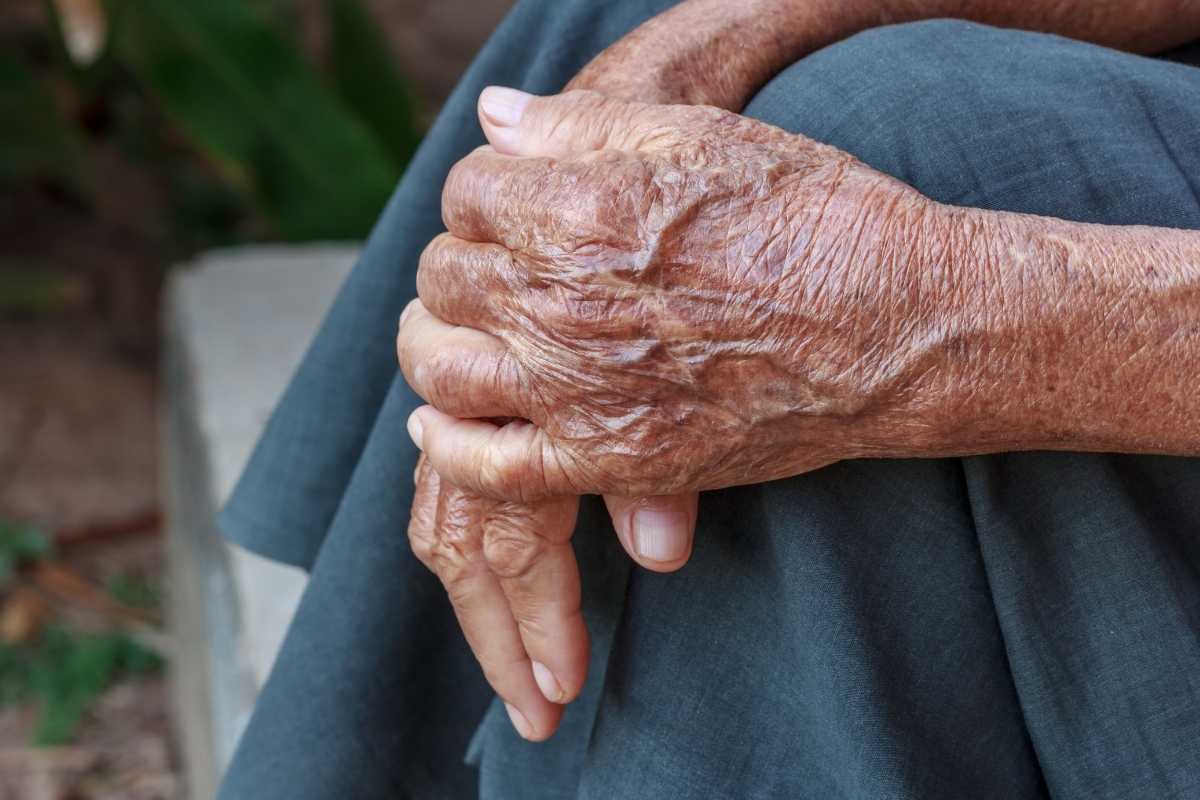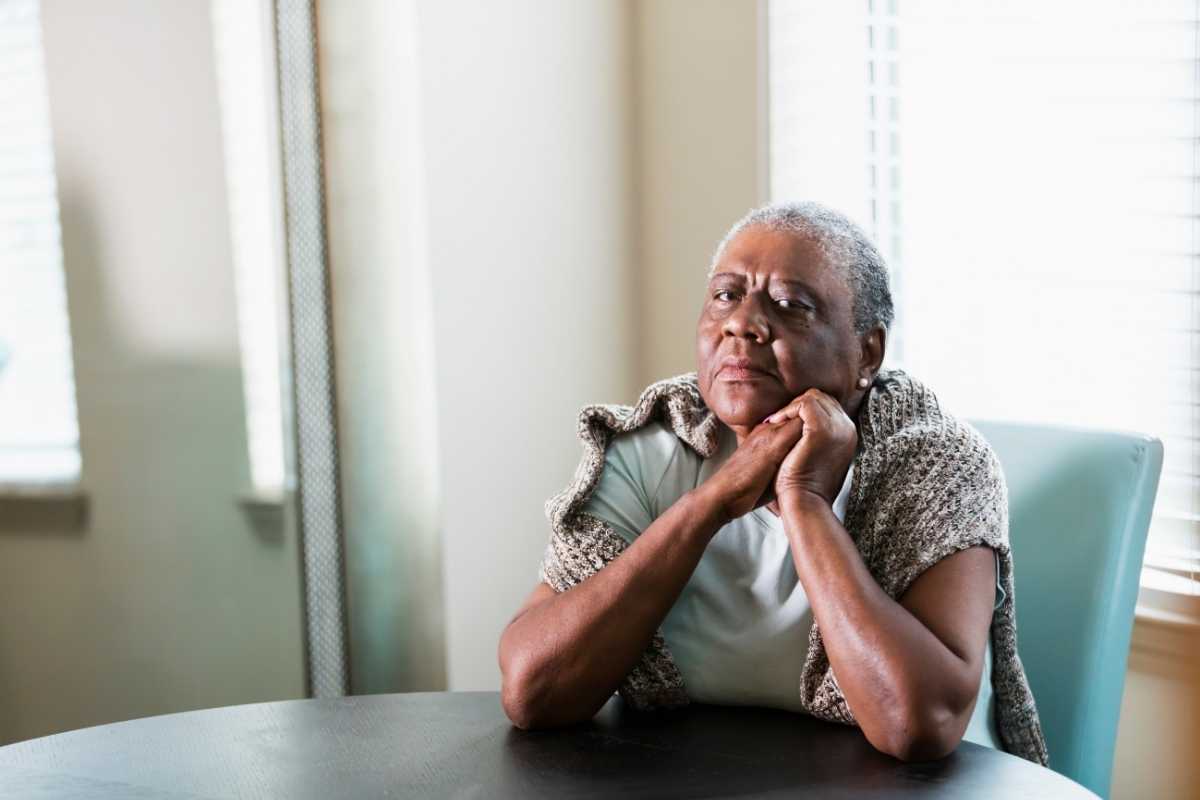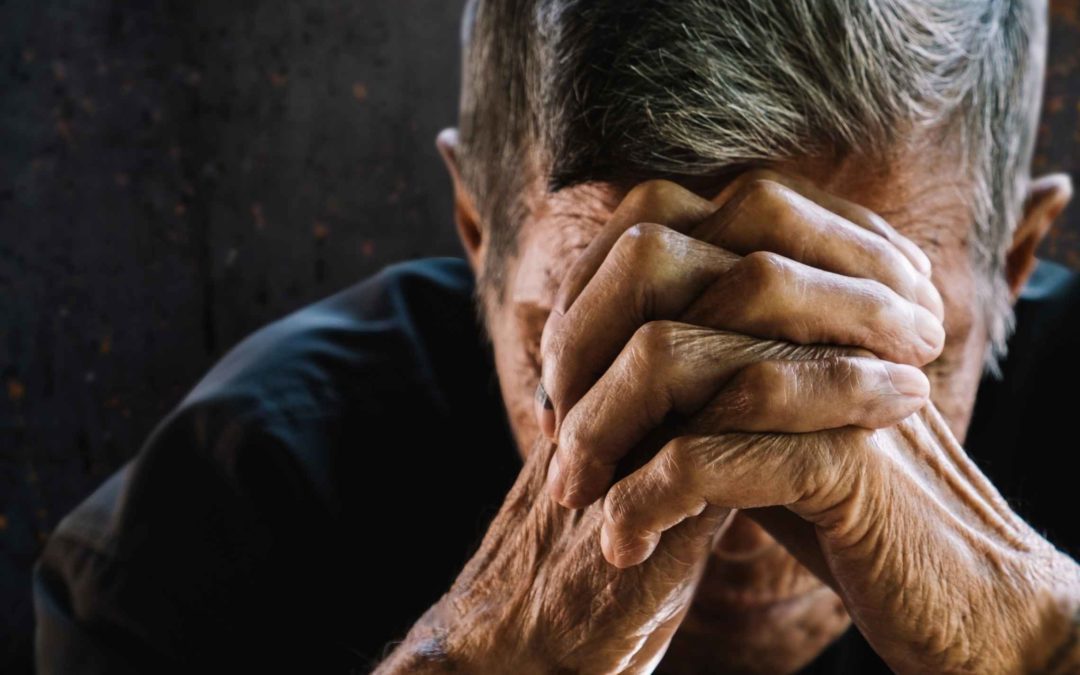Abuse of any kind is deplorable. This blog looks closely at three warning signs of elder abuse so you can spot the red flags early and take necessary action where needed.
News reports featuring children being abused are condemned and investigated by authorities. We charge the abusers and push for their lawful punishments. But, aside from child abuse, the rate of elder abuse is increasing as time goes by. Unfortunately, this is a part of abuse incidents that many of us ignore. Abuse can result from physical, emotional, or sexual harm and causes long-term trauma for the victim, their family members, and the community.
Usually, elder abuse happens in a household that suffers from alcohol or substance abuse. The impact of abuse can be short or long-term; sometimes, it results in grave physical injury and even death.

Elder abuse and maltreatment awareness should be part of our aims to uplift the spirit of our seniors. It is a single or repeated act or even a lack of appropriate action which causes harm or distress to an older person. For example, elder abuse happens by withholding food, clothing, shelter, and other necessities to survive. Another common form of abuse for seniors is withholding medical care or lack of medicines.
According to the World Health Organization (WHO), around 1 in 6 people 60 years and older experienced some form of abuse in the community. In addition, WHO reported that the global population of people aged 60 years and older will increase from 900 million in 2015 to about 2 billion in 2050.

The increasing number is alarming, and we should take action to lessen the incidents, punish the offenders and provide aid to those abused.
Elder abuse is not always recognizable. Some victims tend to hide what they experienced. Unlike kids who experience abuse, seniors are more rational and have a sense of pride. For instance, an elder may not divulge that he is being abused because he’s protecting the family’s name, and being investigated for such an incident may cause a scandal. On the other hand, some victims may accept the abuse as a form of payment for their family’s help, such as taking them to their household. Below are three warning signs of elder abuse to pay extra special attention to.
Check unexplained changes in the body.
A victim could go from being healthy to malnourished or from being outgoing to timid. Unusual changes can be drastic for some. In addition, be mindful of physical evidence such as abdominal or head injury, bruise, fracture, or burns.
Be mindful of body language.
An abused victim may avoid being surrounded by other people, even those who are dear to them. In addition, they try to prevent people who can quickly notice changes in their bodies and behavior.

Don’t set aside hints.
Many abused victims have fears about sharing their experiences because of trauma. Also, they might avoid going on to details because of privacy concerns. However, most, if not all, victims are giving hints and messages that they are being victimized. You should take those hints seriously as a family member or close friend.
If you suspect your senior is being abused in their current long-term living community, get in touch with our team of Certified Placement Experts today – at NO COST to your family. We can help with resources, guidance, and advice to make a stressful situation more manageable.


